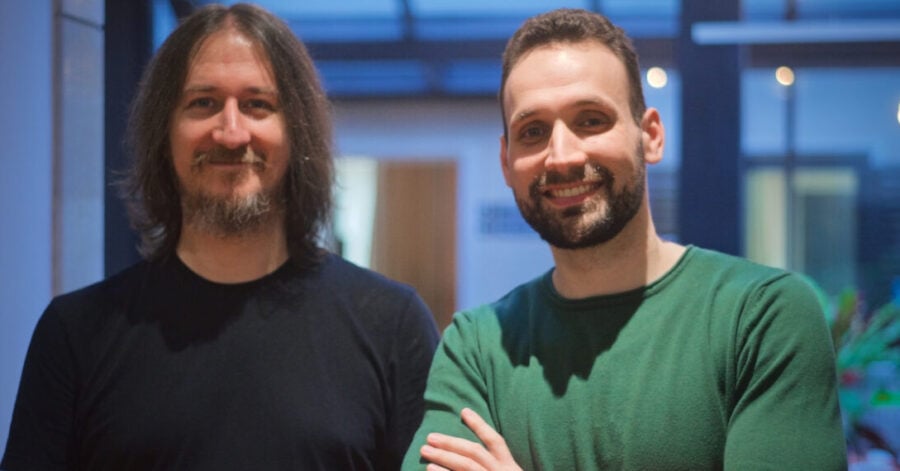What are the characteristics of the perfect employee? Compassion, teamwork, or maybe strong leadership qualities? Internal drive seems to be the best answer. In order to perform their jobs efficiently, an employee needs to feel stimulated by their environment, tasks, and duties. This puts enormous pressure on every employer, as they have to strive to keep their most talented workers by being creative and understanding. Companies are doing everything they can – from charity projects, through bonuses, and team buildings, yet the never-ending drama of managers and HR specialists is slowing down whole sectors.
In a quest for a universal approach towards employee retention, the Serbian startup Orgnostic created a platform that has dragged the attention of many early adopters in the field. Its HR analytics platform and diagnostic algorithm, which are built on the basis of 30 years of academic research, is accompanied by a database containing culture and effectiveness traits expressions on over 10k companies with more than 25m records. Recently, Orgnostic raised €767K in a pre-seed investment round that was led by 122 West Ventures and supported by South Central Ventures and a group of high-profile angel investors gathered around LTSE Software, as well as the founder and CEO of the Serbian Entrepreneurs network, Tihomir Bajic.
When opposites attract each other, innovation knocks on the door
Although it might be neglected, human capital is as important as, for example, the financial indicators of a company, if not more. The understanding of this fact made Igor Bogicevic and Luka Babic establish the startup in 2019. Babic has graduated from Harvard with a Bachelor’s degree in Psychology and worked as head in Infobip’s People Operations division for more than 4 years. Bogicevic, on the other hand, has experience with software engineering, and already has startup experience as he co-founded Seven Bridges – a biotech startup operating in Belgrade and Boston, Massachusetts. The two founders’ skills and knowledge combined in something new for both of them – a platform with around 100 different tools that enable employers to retain their top-performing employees and keep them engaged.
HR Science and Tech
In a nutshell, Orgnostic’s main goal is to enable companies to execute complete internal workforce analytics with the help of both internal and external data. For the purpose, the Orgnostic team has partnered with academic researchers from Harvard, University of Michigan, and Institute for Management Development in Lausanne and has got on board organizational design practitioners to develop a model with different assessment methods. One of the methods used is the Denison Culture Model, which investigates corporate adaptability, mission, and involvement, to give insight into what an organization should master in order to be effective. Another theory used is Hackman’s Team Effectiveness Diagnostics, which investigated team success.
After individual company analysis, the Orgnostic platform creates a human capital management framework where workforce, business, and finance data are all fused together. The software also generates insights and recommendations based both on the external knowledge integrated into it and the internal data. When it comes to startups, the platform also suggests insights and recommendations that can be applied for employees to feel better as the emerging companies transform. For enterprises, Orgnostic offers analytical insights into critical HR KPIs. What this means is that HR managers can get systemized information regarding, for example, the reasons employees quit a division.
Serbia as a tech hub
In an interview, Bogicevic who is CTO of the company, talked about the choice of Orgnostic to stay in Serbia and outlined the benefits of the Belgrade ecosystem. For one, he shared, the concentration of tech talents in the region and the lower cost of finding the right talent were important factors that made the company locate its headquarters in the city. Contrastingly to Silicon Valley where employee tenure is traditionally short (around 9 months), the company culture in Serbia has set the norm for longer periods of time.
Software analytics are merely touching the surface of the HR sector, yet the various functions they offer can significantly improve the working environment for its talented employees. From performance management tools to feedback tools, analytics platforms such as the one offered by Orgnostics are soon to dominate the global HR analytics market valued at €1.86B in 2019 and is expected to grow at a compound annual growth rate of 14.2% in the next 6 years.








